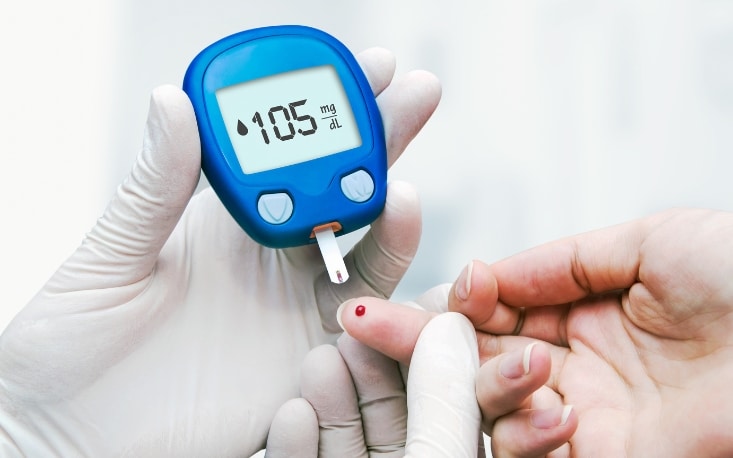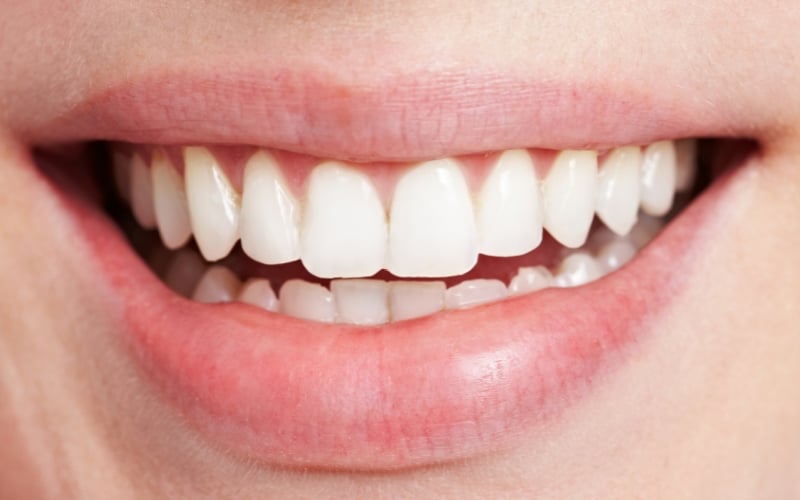ONLINE SCHEDULING AND VIRTUAL CONSULTS AVAILABLE

Tooth Infection Signs & Remedies: Your Essential Guide

Are you grappling with a persistent toothache that just won’t go away? You might be wondering if it’s more than just a minor inconvenience. Tooth infections, also known as dental abscesses, can occur when bacteria invade the innermost part of the tooth, leading to inflammation and swelling. From excruciating pain to sensitivity to temperature changes, the symptoms of a tooth infection can disrupt your daily life and impact your overall well-being.
In this comprehensive guide, we’ll delve into the world of tooth infections – what they are, how to recognize their signs, and the best remedies to alleviate your discomfort. By understanding the signs and symptoms, you can take proactive steps to address the issue and prevent it from escalating into a more serious problem. So, if you’re tired of suffering in silence, buckle up as we explore the ins and outs of tooth infections and discover effective solutions to restore your oral health and smile.
Understanding Tooth Infections
To understand tooth infections, it’s essential to grasp their origin and the factors contributing to their development. A dentist can provide valuable insights into the nature of these infections and offer guidance on prevention and treatment.
What actually are tooth infections?
Tooth infections, also known as dental abscesses, occur when bacteria penetrate deep into the tooth’s pulp, leading to inflammation and pus accumulation. This can result from untreated cavities, cracked teeth, or gum disease.
Causes of tooth infections
- Poor oral hygiene practices, such as inadequate brushing and flossing, create an environment ripe for bacterial growth.
- Untreated cavities provide a pathway for bacteria to invade the inner layers of the tooth, causing infection.
- Additionally, dental trauma, such as a fractured tooth or injury to the mouth, can disrupt the tooth’s protective layers, making it more susceptible to infection.
Understanding the role of bacteria and decay in tooth infections is crucial for preventive care. Timely consultation with a dentist Plantation reduces the risk of developing tooth infections. By addressing these underlying causes, individuals can protect their oral health and prevent the onset of painful and potentially serious infections.
Signs of a Tooth Infection
Recognizing the signs of a tooth infection is crucial for prompt intervention and treatment.
- Excruciating pain: Severe and persistent tooth pain, especially when biting down or applying pressure, is often a telltale sign of a tooth infection. This pain may radiate to the jaw or ear and can be accompanied by swelling or fever.
- Swelling and tenderness: Swelling, redness, and tenderness around the affected tooth or in the surrounding gums are common symptoms of a tooth infection. This inflammation occurs as the body’s immune response attempts to combat the infection and can lead to discomfort and difficulty with chewing or speaking.
- Sensitivity to temperature: Increased sensitivity to hot or cold foods and drinks can indicate nerve involvement due to a tooth infection. This heightened sensitivity may cause sharp, shooting pain that lingers even after removing the stimulus, such as a sip of hot coffee or a bite of ice cream.
By being aware of these signs, individuals can seek timely treatment from a dentist Plantation and address tooth infections before they worsen. Early intervention not only alleviates pain and discomfort but also helps prevent the spread of infection and potential complications.
Diagnosis and Treatment
Diagnosing and treating tooth infections requires a comprehensive approach, often involving various dental procedures and interventions.
Dental Examinations
Dentists typically begin by conducting a thorough visual inspection of the affected tooth and surrounding tissues. X-rays may be taken to assess the extent of the infection and identify any underlying issues, such as decay or bone loss. In some cases, additional diagnostic tests, such as a pulp vitality test, may be performed to evaluate the health of the tooth’s nerve.
Antibiotics
Antibiotics play a crucial role in treating tooth infections by targeting and eliminating the bacteria causing the infection. Dentists may prescribe antibiotics to reduce inflammation, alleviate pain, and prevent the spread of infection. However, antibiotics alone may not be sufficient to resolve the infection, particularly in cases of severe or recurrent infections.
Dental Procedures
Depending on the severity and location of the infection, various dental procedures may be recommended. Root canal therapy is a common treatment for infected teeth, involving the removal of infected tissue from the tooth’s pulp chamber and sealing the root canals to prevent reinfection. In cases where the infection cannot be effectively treated with root canal therapy, tooth extraction may be necessary to prevent the spread of infection to surrounding teeth and tissues.
By combining accurate diagnosis with appropriate treatment modalities, a dentist Plantation can effectively manage tooth infections and restore patients’ oral health and comfort. It’s essential to seek professional dental care promptly if you suspect a tooth infection to prevent complications and ensure the best possible outcome.
Home Remedies for Tooth Infections
While professional dental care is essential for treating tooth infections, there are also several home remedies that can help alleviate symptoms and promote healing. Experts recommend the following home remedies for managing tooth infections:
- Saltwater rinse: Gargling with warm salt water can help reduce inflammation and kill bacteria in the mouth, providing temporary relief from pain and swelling.
- Clove oil: Clove oil contains natural antibacterial and analgesic properties, making it an effective remedy for toothache and discomfort associated with tooth infections. Applying a small amount of clove oil to the affected area can help numb the pain and reduce inflammation.
- Cold compress: Applying a cold compress to the outside of the cheek near the affected tooth can help numb the area and reduce swelling. Simply wrap a few ice cubes in a clean cloth and apply it to the affected area for 10-15 minutes at a time.
While these home remedies can provide temporary relief, it’s essential to seek professional dental care for proper diagnosis and treatment of tooth infections. These remedies can complement professional treatment but should not replace it.
Prevention Tips
Preventing tooth infections begins with proactive oral care practices and healthy lifestyle habits. Check the following prevention tips to reduce the risk of developing tooth infections:
- Maintain good oral hygiene: Brushing twice daily, flossing regularly, and scheduling routine dental check-ups are essential for keeping your teeth and gums healthy and preventing the buildup of plaque and bacteria.
- Address dental issues promptly: Prompt treatment of cavities, gum disease, and dental trauma can help prevent these conditions from progressing to more serious infections.
- Healthy lifestyle habits: Adopting a balanced diet rich in fruits, vegetables, and calcium can support strong teeth and gums. Additionally, avoiding tobacco products can reduce the risk of gum disease and other oral health problems. Taking these preventive measures can help maintain optimal oral health and minimize the likelihood of developing tooth infections.
Recognizing the signs of a tooth infection and taking proactive steps to address it are essential for maintaining optimal oral health. By seeking timely treatment and implementing preventive measures, you can alleviate discomfort, prevent complications, and enjoy a healthy smile for years to come. Remember, your oral health is worth prioritizing, so don’t delay in seeking professional care when needed.





